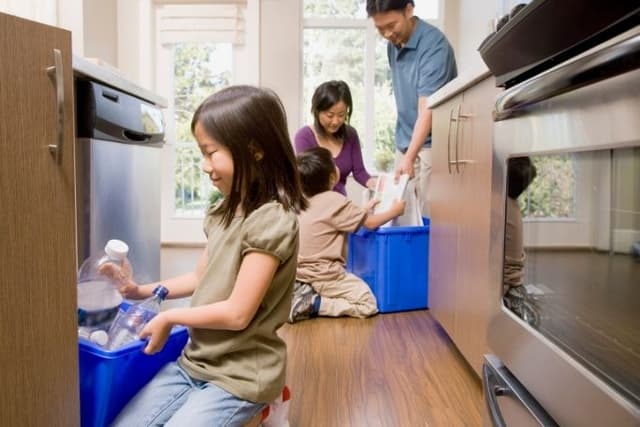
Visy Education - Recyclables in the Rubbish?
Lesson7 of 8 in this unit
SecondaryYear 7 - 10MathematicsEnvironmentalRecyclingSustainability
Summary
Lesson Guides and Printables
Lesson Plan

Student Worksheet

Teacher Content Info


Lesson Plan

Student Worksheet

Teacher Content Info
